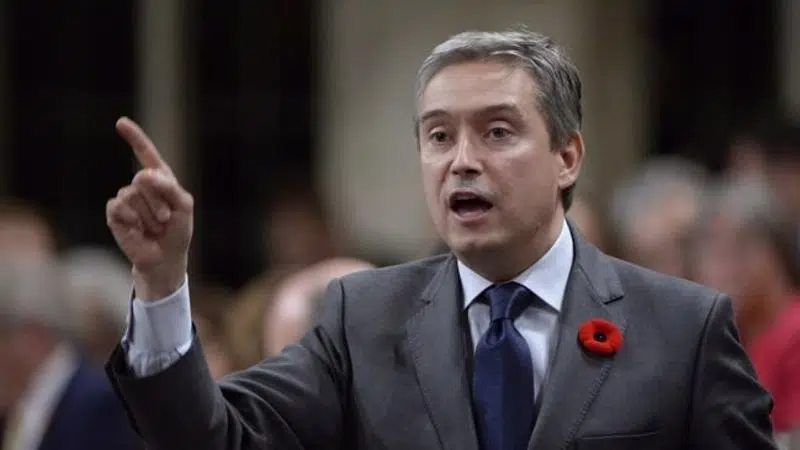
Liberals’ infrastructure program problems detailed in internal documents
OTTAWA — A large number of small construction transit and water system projects funded through the first phase of the Liberal government’s infrastructure program bogged down the approval process and delayed construction and spending, newly released documents show.
An internal analysis obtained by The Canadian Press under the access-to-information law says almost one-third of the projects Infrastructure Canada financed needed less than $100,000 in government support, but required the same detailed reviews as much bigger projects.
The high number of what officials called “low value projects” created a bigger workload for officials relative to overall funding, reads a briefing note outlining lessons learned from the first phase of the Liberals’ program.


